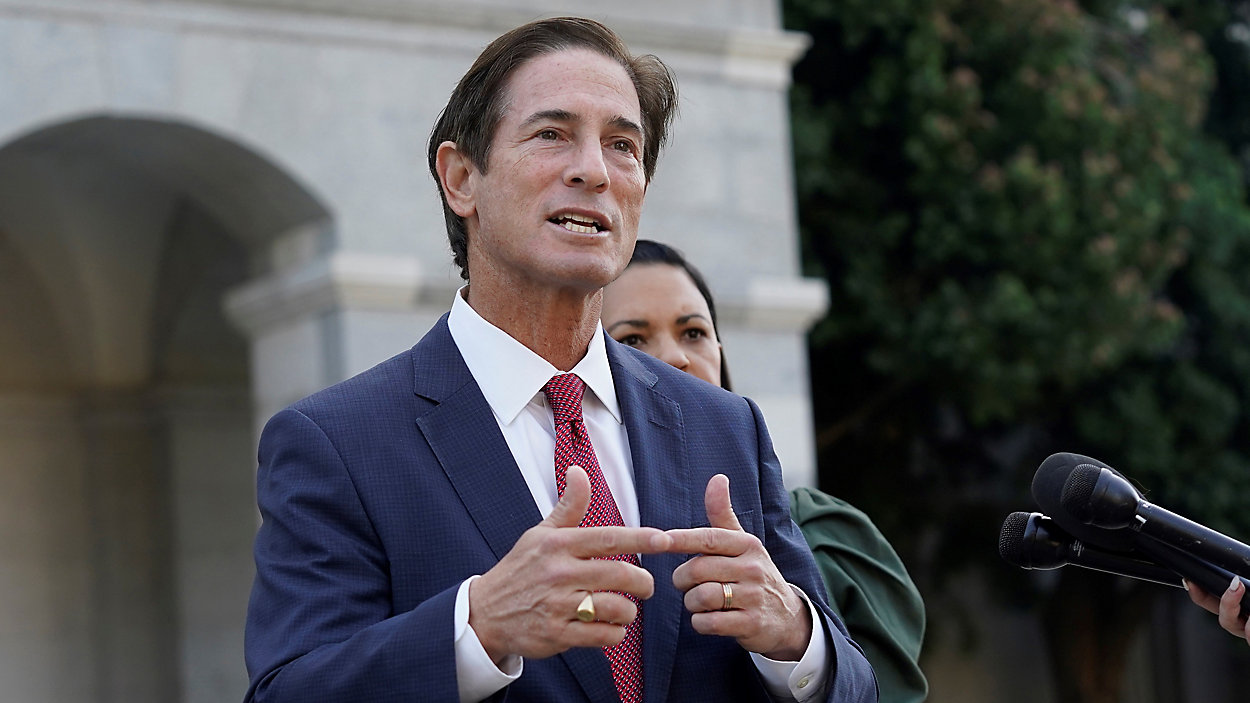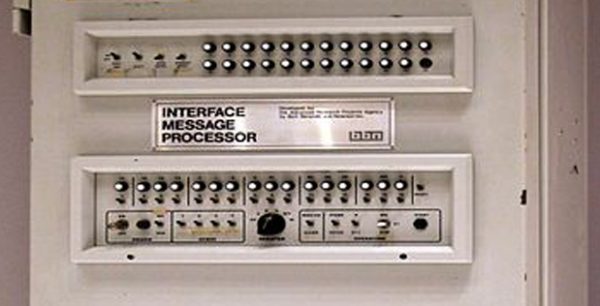There’s a bitter truth about generational wealth-building that most financial advice skips over: your parents played a different game. And the rules were easier.
Many Gen Xers and Baby Boomers built wealth through opportunities that have since evaporated. Today’s younger generations( Millennials and Gen Z) are told to work hard, invest smart, and stay frugal. However, the economic engine that lifted previous generations to financial security isn’t just sputtering. It has been redesigned in a way that often leaves today’s workers behind before they even begin.
Let’s break down ten of the most significant ways your parents accumulated wealth, advantages that are largely closed off to you now.
How Times Have Changed From When Your Parents Got Rich
1. Affordable College Tuition That Didn’t Require a Lifetime of Debt
For Baby Boomers and many Gen Xers, attending college was a manageable financial commitment. A part-time job on campus or a summer gig was often enough to cover tuition and living expenses. Student loans were minimal or unnecessary altogether, and the return on investment for a degree was much more immediate.
Today, the cost of higher education has skyrocketed far beyond the rate of inflation, leaving many graduates burdened with debt before they even begin their careers. The idea of working your way through college now feels like a fairytale, and that debt delays homeownership, investing, and even starting a family.
2. One Income Could Afford a Family Home
Decades ago, it was common for one breadwinner to support an entire household, including mortgage payments, groceries, healthcare, and family vacations. Housing prices were relatively low compared to income, and the middle class could comfortably grow without financial stress.
In today’s market, even two full-time earners can struggle to afford a modest home, especially in urban or high-demand areas. Home prices have outpaced wage growth by staggering amounts, pushing ownership out of reach for many. Dual incomes are now a necessity, not a choice, and financial stress is often a permanent companion for young families.
3. Defined Benefit Pensions Were the Norm
Your parents may have worked 20 or 30 years for the same company and retired with a pension that guaranteed them a monthly check for life. These defined benefit plans were common and provided a stable, predictable retirement income.
Today, pensions are nearly extinct in the private sector, replaced by 401(k)s and IRAs that depend on individual contributions and market performance. That shift has moved retirement risk from employers to employees, who now have to be part-time investment strategists just to retire with dignity. Without guaranteed pensions, people must save more, work longer, and hope the market doesn’t crash right before retirement.
4. Real Estate Was Affordable and Appreciating Fast
Buying property used to be a logical first step for young adults starting their financial journey. Homes were affordable relative to income, and property values tended to rise steadily, making ownership a wealth-building tool. Fast-forward to today and real estate markets are saturated with investors and pricing out first-time buyers.
In many cities, the cost of a down payment alone can feel insurmountable, never mind the mortgage and maintenance costs that follow. The American Dream of homeownership has become a nightmare of bidding wars, inflated prices, and stagnant wages.
5. Steady Union Jobs with Benefits Were Widely Available
Unions once protected workers by negotiating fair wages, job security, and comprehensive benefits. Factory jobs and other blue-collar positions could support a family and even provide a comfortable retirement. But over the past few decades, union membership has dwindled, and labor protections have weakened significantly.
The rise of contract work and gig jobs means less stability, fewer benefits, and more financial unpredictability. Workers today are more vulnerable to layoffs and have less power to demand the wages and protections their parents once enjoyed.

6. Healthcare Wasn’t a Financial Landmine
In your parents’ day, healthcare wasn’t something that could bankrupt a family. Insurance was typically employer-provided, premiums were low, and medical costs weren’t exorbitant. Now, even insured individuals face deductibles in the thousands, surprise bills, and limited coverage. Medical debt is one of the leading causes of bankruptcy in the U.S., and people often delay care due to cost. Healthcare has transformed from a support system to a financial hazard, turning even minor medical issues into budget-wrecking events.
7. They Had Decades of Booming Stock Markets Without Crippling Crashes
From the 1980s through the early 2000s, markets offered consistent returns with relatively few interruptions. Your parents were able to invest in blue-chip stocks, reap dividends, and build long-term wealth with minimal disruption. Although downturns like the dot-com bust and the 2008 recession did occur, they were fewer, and recovery was generally strong.
Today, investors face global instability, algorithm-driven trading, and increasing market volatility that makes building wealth more psychologically and financially taxing. Market timing feels impossible, and young people are expected to save for retirement while navigating recessions, housing crises, and inflation spikes.
8. Cost of Living Was in Line With Wages
In past decades, wages more accurately reflected the cost of living. Food, gas, rent, and utilities were manageable on a modest salary, allowing people to save, invest, or start families without stretching every dollar. Now, even decent-paying jobs often don’t cover basic living expenses in many regions. Essentials like childcare, groceries, and transportation have become luxuries for some families. The disconnect between earnings and expenses forces people into credit card debt just to survive month-to-month.
9. Jobs Were Long-Term and Often For Life
Your parents may have worked for the same company for most of their adult lives, climbing the ladder and earning raises and benefits along the way. These roles provided predictability and allowed families to plan long-term—something that feels impossible today. Now, the average worker changes jobs every few years, often by necessity, not choice. Layoffs are common, and even well-performing employees are expendable in the name of “restructuring.” Stability has been replaced by constant economic anxiety and the hustle to stay employable.
10. Less Student Debt = Earlier Investing, Earlier Homeownership
Because your parents didn’t enter adulthood saddled with massive student loans, they had the flexibility to buy homes, invest in the stock market, and start families earlier. That head start allowed them to benefit from decades of compounding interest and rising asset values.
Today’s graduates, however, often spend their 20s and 30s just trying to break even. Delayed wealth-building translates to smaller retirement accounts, postponed home purchases, and limited financial freedom. The student debt crisis hasn’t just stalled individual lives—it’s reshaped the timeline for an entire generation.
So What Now?
The truth is harsh: the traditional pathways to wealth that worked for your parents simply don’t exist for you in the same way. And it’s not because you’re lazy or mismanaging your money. It’s because the system has changed. You’re not failing; you’re navigating a much steeper climb with fewer tools and a lot more noise.
But this isn’t a call to despair. It’s a call to awareness. Recognizing that the rules have shifted allows you to stop measuring your progress against outdated standards. It gives you permission to reject the guilt of not hitting milestones that were once baseline expectations.
Instead of chasing a version of success that no longer fits the world we live in, it’s time to redefine wealth on your own terms. Maybe that means focusing on financial security instead of traditional wealth. Maybe it means building community support instead of a white-picket-fence retirement dream. Or maybe it simply means acknowledging that your hustle is valid, even if it doesn’t look like your parents’ version of success. Because if the game changed, it’s only fair that the goals change, too.
Do you feel like your financial life is harder than your parents’ was at your age? What’s one money “rule” they followed that no longer works today?
Read More:
How to Build Generational Wealth Without a Trust Fund
Why Younger Generations Say Boomers Had It Easier—And Might Be Right


























